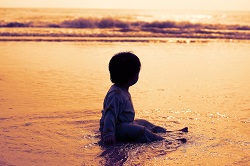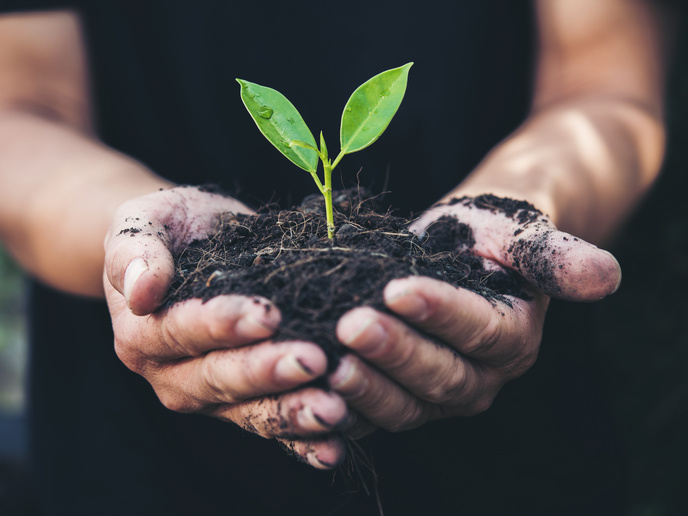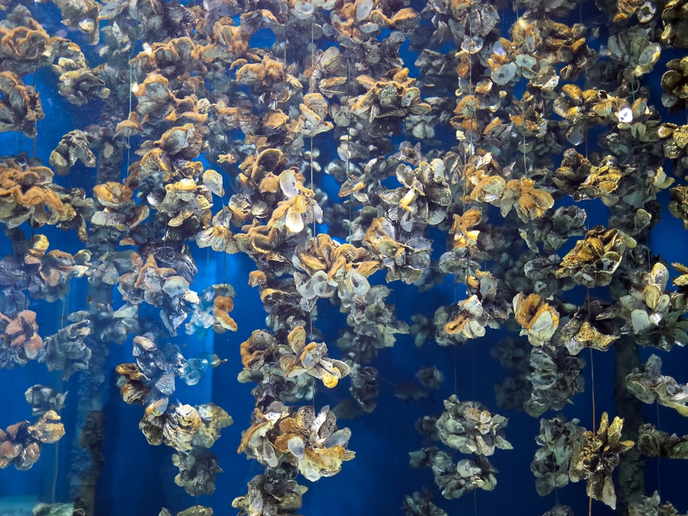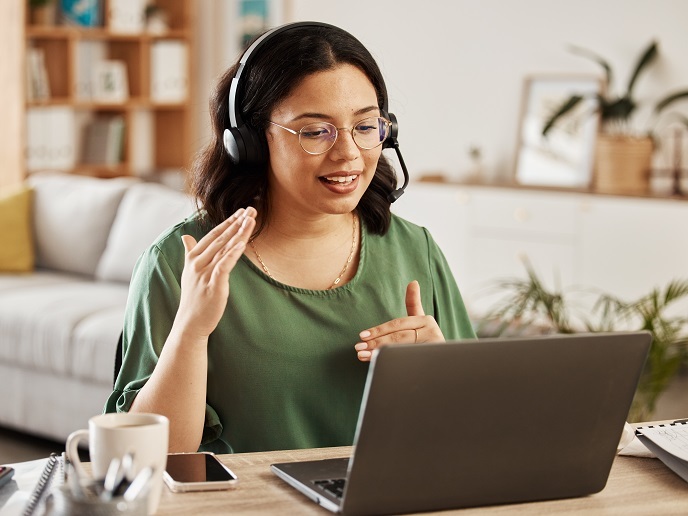Think blue — the ocean and our lives
It should not take a massive oil spill for people to understand how human activities and the seas are interlinked. The public have become conscious of marine pollution from plastic bags and PCBs but there is still a big gap in understanding the oceans’ impact on human health, wellbeing and society in general. The three-year EU-funded SEACHANGE project brings together a consortium of 16 ocean-linked organisations around Europe and the United Nations Educational, Scientific and Cultural Organisation (UNESCO) to help European citizens become more ‘ocean literate’. ‘Ocean literacy is about understanding the ocean’s influence on people, and people’s impact on the ocean’, explains project coordinator Jonathan Parr of the Marine Biological Association in the UK. Around 70 % of the planet is water. ‘It is our life support system,’ he notes. But livelihoods from the sea have declined and Europeans have become more urban and, arguably, more inward-looking. ‘The sea affects people inland as well,’ Mr Parr says. ‘Europe has a lot of seas but the population is not engaged with them because they do not think they impinge on their lives.’ The relationship between people and oceans The ocean is important not just as a food source, but for its biodiversity, impact on health and well-being, and its influence on climate and weather patterns which affect the entire planet. The SEACHANGE project compiled a literature review of the relationship between the ocean and human health. ‘Some medical advances have come from marine organisms and we need to be aware of that,’ says Mr Parr. Studies have also shown that the oceans produce a sense of wellbeing — for instance, playing on the beach or sailing in boats is seen as both recreational and relaxing. ‘Wellbeing is an area of increasing interest for policymakers and is rising up the agenda,’ Mr Parr notes. More broadly, the project reviewed European policy on ocean literacy and produced fact sheets for policymakers. ‘We’re trying to raise awareness that in policy you must also consider the ocean as part of it,’ Mr Parr says. Education and outreach Schools and young people have been another focus of the project. The consortium produced a searchable online directory on ocean-related education and outreach resources known as the Ocean EDGE Directory. European networks of aquariums and science centres such as the European Network of Science Centres and Museums (ECSITE) have also developed local projects in collaboration with the project. Work is ongoing to bring ‘ocean literacy’ into the curriculum in schools. This includes developing a MOOC (Massive Open Online Course) to train teachers in ocean literacy in collaboration with UNESCO. Finally, the European Marine Science Educators Association (EMSEA), a consortium member, has also developed materials and campaigns for educational purposes. Changing behaviour Ocean plastics are though an issue that has captured the public imagination in recent years. But the project’s aim is also to change behaviour. ‘Plastics have even been detected in the deep sea where man has never been before. It is one of those shocking things that makes people think, hang on, we do have an effect. Not using plastic bags or reusing them will make a difference,’ explains Mr Parr. Other examples are not using plastic drinking straws, using biodegradable or reusable cutlery and plates, and switching to eco-friendly cleaning products and cosmetics. Even conserving energy at home can reduce carbon emissions that cause ocean acidification. ‘We have been asking people to pledge to make a small change for Sea Change,’ says Mr Parr. Hopefully the outreach and educational efforts of the project will lead to further actions to ensure that the way we view our oceans changes not just for good but for better.
Keywords
SEACHANGE, education, ocean literacy, ocean health, health, ocean plastics, pollution, wellbeing, biodiversity, weather patterns







